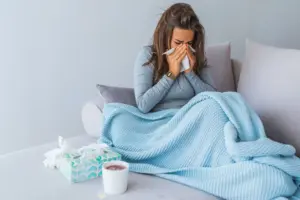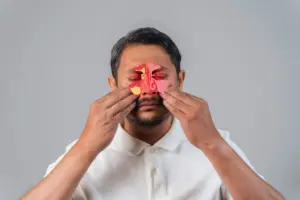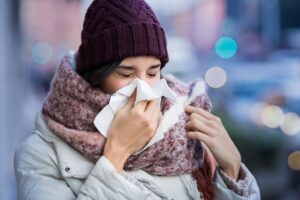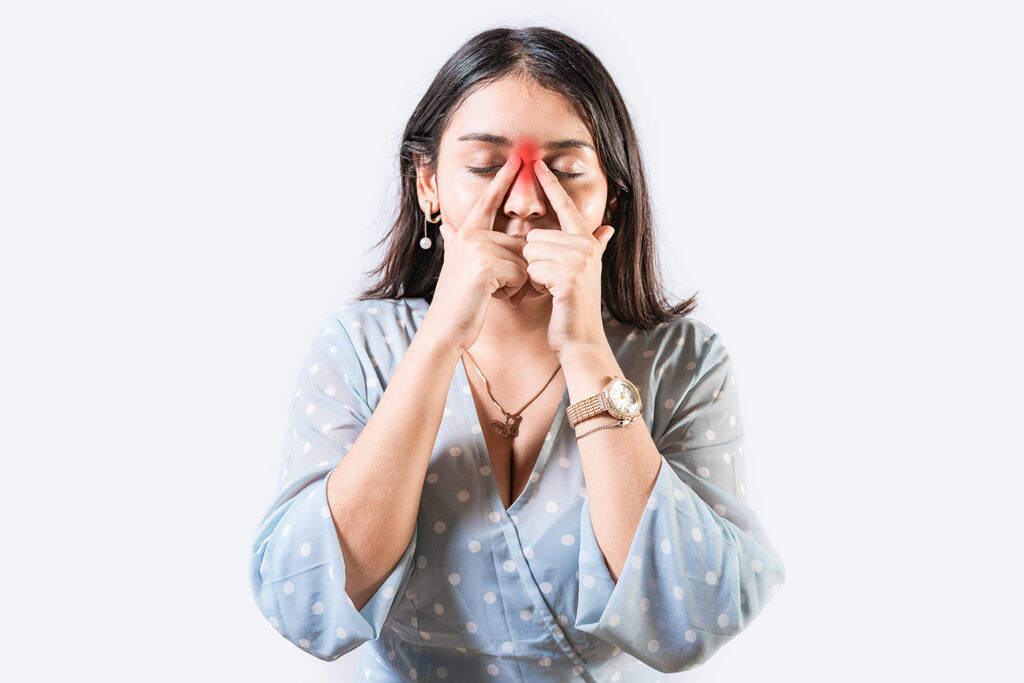
Common sinus conditions: We rarely think about our nose and sinuses until they start causing trouble. From a stuffy nose and sinus headaches to endless sneezing, these issues can make daily life uncomfortable. This guide will walk you through the most common sinus disorders and what you should know about them.
First, what are sinuses?
Sinuses are air-filled spaces in your skull, located around your eyes, cheeks, forehead, and nose. They help you humidify the air you breathe, lighten your skin, and improve your voice. However, when they become blocked or inflamed, they can cause a lot of trouble.
Also Read | How to avoid catching a cold: 10 simple habits that work
Common nose and sinus problems
Sinusitis
Sinusitis is one of the most common sinus problems. It happens when your sinuses become inflamed or infected. Common causes include a cold, the flu, allergies, or nasal polyps. The symptoms generally include a stuffy or runny nose, facial pressure, headache and fever. You can treat it by drinking warm fluids, resting, and using steam or warm compresses. You can also use nasal sprays in some cases.
Allergic rhinitis
Allergic rhinitis is an allergic reaction. If your nose gets stuffy or itchy every time you’re around pollen dust or pet dander, you might have allergic rhinitis. The causes include pollen, dust mites and mould. Symptoms include sneezing, itching or having a runny nose. You can treat it by using nasal sprays or having air purifiers at home. If your allergies are severe, your doctor might even suggest allergy testing.
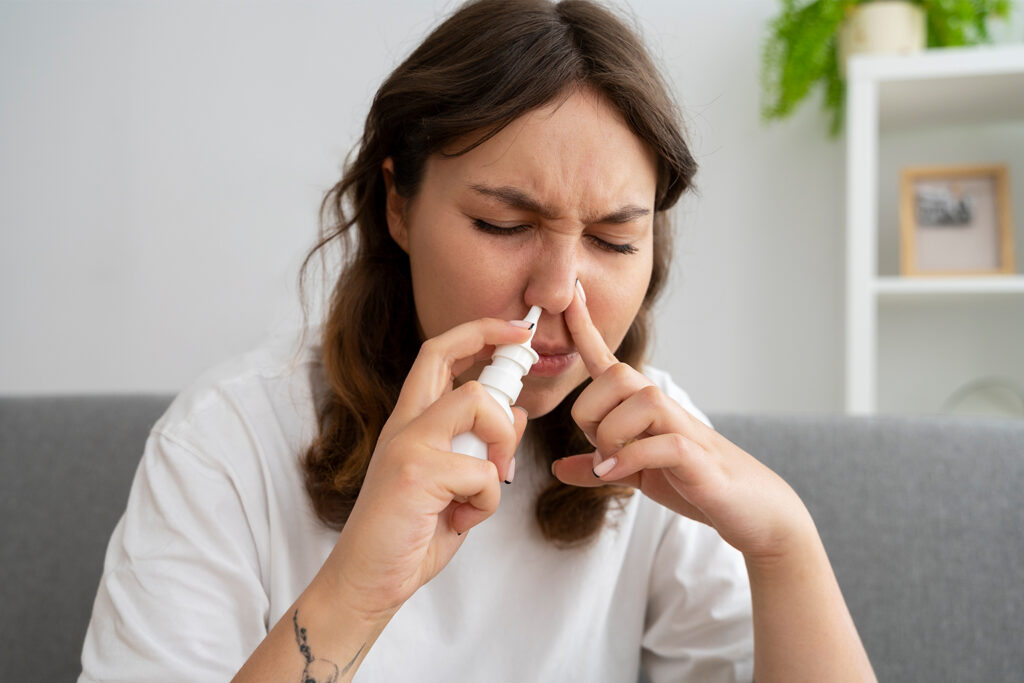
Deviated septum
The deviated nasal septum is a thin wall that divides your nose into two nostrils. Sometimes, when this wall is off-centre, it can block airflow and cause breathing issues. Symptoms include difficulty breathing through one side of the nose, frequent nosebleeds, and sinus infections. The treatment basically includes nasal sprays or septoplasty to straighten the septum.
When should you see a doctor?
Most nose and sinus issues are minor and clear up on their own or with over-the-counter remedies. If your symptoms last more than 10 days or if you have a high fever or swelling around the eyes, consult a doctor.
Home tips for healthy sinuses
Stay hydrated, as thinner mucus drains more easily. Using a humidifier, especially in dry weather, can also provide relief. Keep your surroundings clean and dust-free, avoid allergens, and wash your hands frequently to prevent colds and infections. Most importantly, avoid smoking, as it can irritate and inflame your nasal passages.
Also Read | Blowing Your Nose Too Hard Could Be Making Your Cold Worse, Experts Say
Remember, your nose and sinuses play a vital role in how you breathe, sleep, and feel each day. Whether it’s a minor allergy or a more serious sinus condition, help is available, and often, relief is just a doctor’s visit away.




